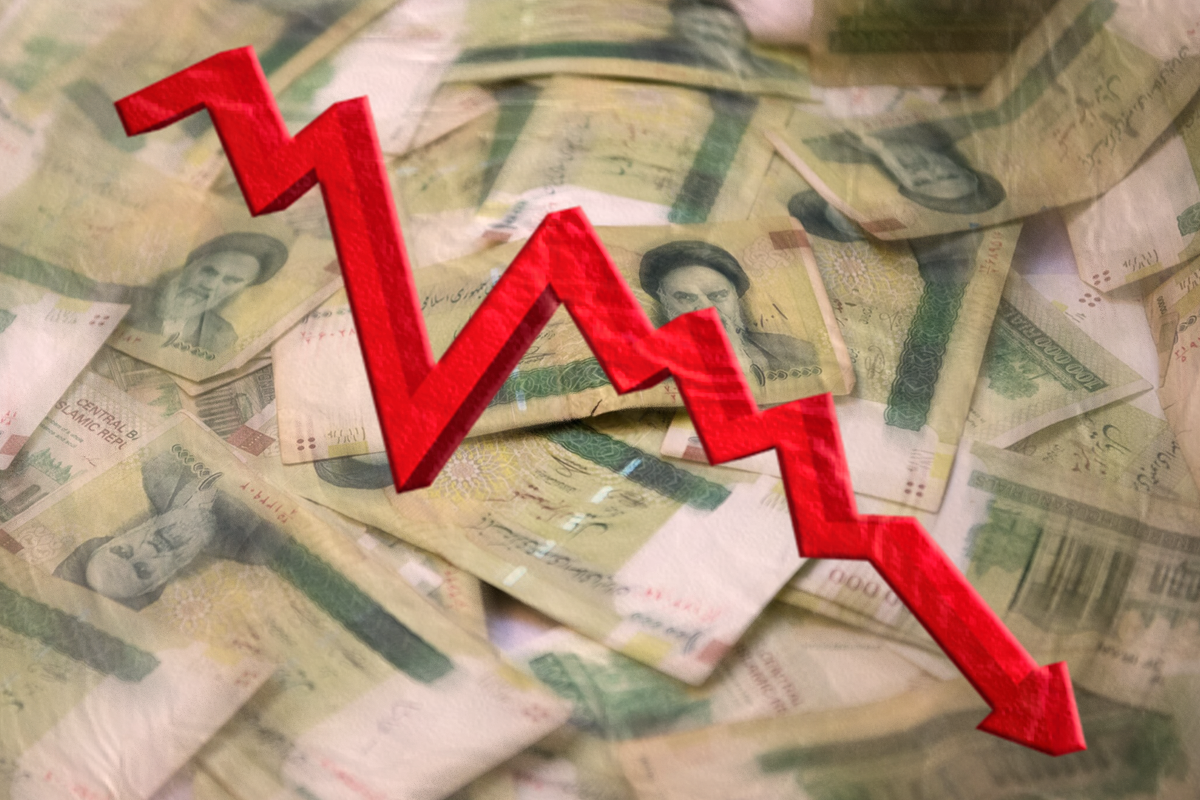The swift loss of value of the national currency against the U.S. dollar has sparked criticism from various political factions. Among them, conservatives stand out for their apprehension over the perceived influence of the FOREX market on foreign policy decisions. The gradual stabilization of the exchange rate, following indications that Iran was not planning an immediate response to Israel, only underscores the sensitivity of economic conditions to foreign events. However, pressure on the administration persists from all sides.
Mohammadreza Farzin, the governor of the Central Bank of Iran (CBI), staunchly rejects the unofficial FOREX rate, often cited in discussions about currency. He asserts that enemies, recognizing the impact of currency news on people’s daily lives and financial decisions, exploit public sentiment for their own ends, leading to various forms of capital flight, including a rush to convert assets into dollars. While he attributes the recent volatility in the FOREX rate to heightened tensions stemming from Israeli attacks in Damascus, he underscores the CBI’s inability to implement a unified rate policy as long as sanctions persist, despite critics’ advice. Farzin’s extensive academic background and experience in the field, coupled with his acknowledgment of having exhausted all available stabilization measures and emphasis on the need to acknowledge limitations over ideals, hint at a sense of frustration in his remarks.
The frustration expressed by the CBI governor and his emphasis on the impact of sanctions may indeed have some validity. Prominent economist Ma’ud Nili argues that the majority of sanctions imposed on Iran during 2011 and 2012 were meticulously planned and timed to apply pressure on the country. These sanctions resulted in internal consequences, including the establishment of multiple exchange rates for foreign currency and energy commodities, along with their subsequent redistribution. During this period, the Central Bank deviated from its usual duties of monitoring and safeguarding the country’s macroeconomic indicators and assumed the role of a currency sales supervisor, offering varying rates for various purposes. This, in turn, resulted in rentier opportunities for a web of beneficiaries who are so powerful and organized that they appear impossible to dismantle unless there is sanctions relief.
While reformist observers and experts advocate for lifting sanctions and normalization of relations with the West as the primary solution to economic instability, conservative outlets have sharply criticized the CBI for implementing “flawed” policies that rendered the FOREX market susceptible to even “minor disturbances,” such as Israel’s attack on the Iranian consular building in Syria. Hardline outlet Tasnim speculates bitterly that the fragility of the FOREX market—attributed to Farzin’s poor policies and approaches—hindered Iran’s swift response to Israeli actions. Farzin had successfully stabilized the currency market for months before the Gaza conflict, but many had warned that his prescriptive approach would not be sustainable.
Instability in the FOREX market is not uncommon in Iran, but each new record heightens inflation expectations, further burdening ordinary citizens and placing additional strain on business owners and exporters. This volatility also presents an opportunity for politicians, including those in the Majles, to pressure the administration without providing viable solutions. In its first official meeting after the Nowruz holidays, the Majles prioritized discussions on the ongoing turbulence in the currency and gold markets. The Majles speaker pledged to hold a meeting with the administration to address the issue.







